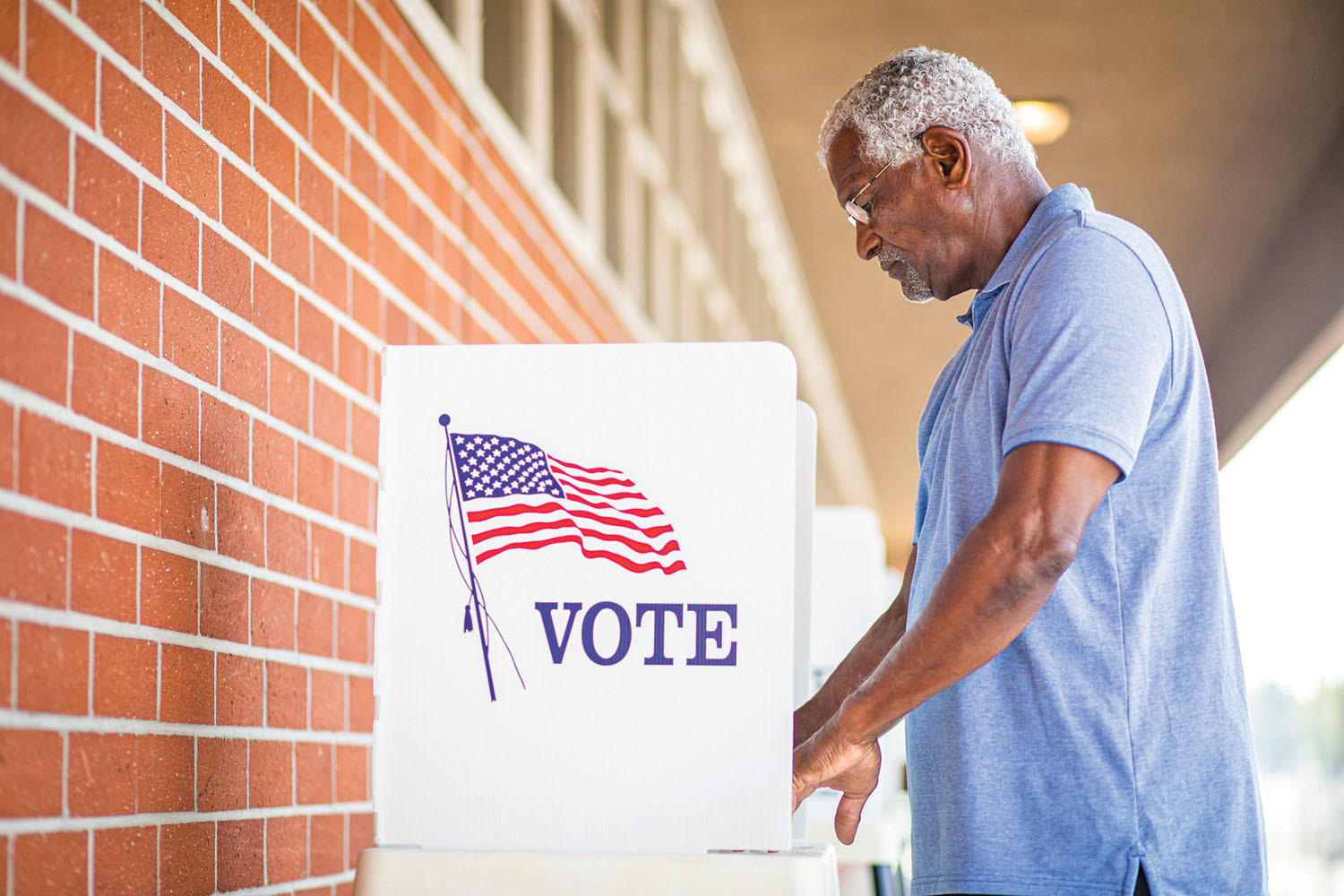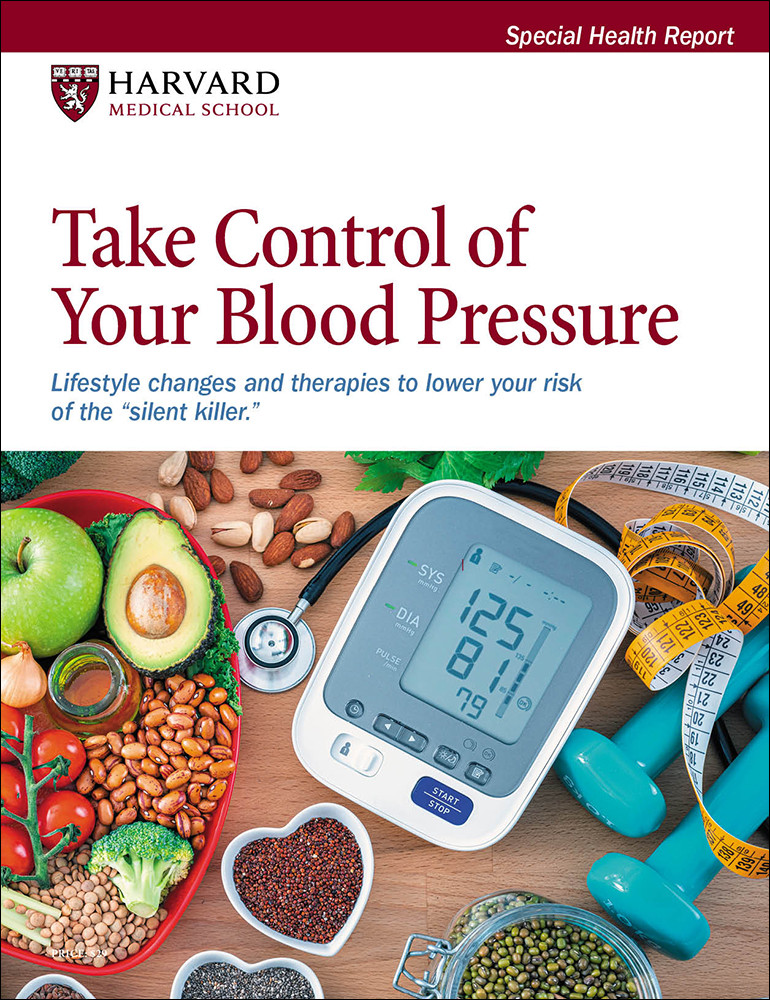Presidential elections: Hard on the heart?
Research we're watching
- Reviewed by Deepak L. Bhatt, M.D., M.P.H, Former Editor in Chief, Harvard Heart Letter

Emotionally stressful events that affect large numbers of people, including natural or other disasters, have been linked to an increase in heart attacks. New evidence suggests that contentious political elections have a similar effect.
In a study of nearly 6.4 million Californians, heart attack rates were 42% higher in the five days after the 2020 presidential election than during a five-day period two weeks before the election. In a 2020 survey by the American Psychological Association, 68% of respondents (regardless of political party affiliation) cited the 2020 presidential election as markedly stressful.
The new findings, published April 20, 2022, in JAMA Network Open, echoed results from a similar study after the 2016 election. More research is needed to understand the intersection of political events, associated stress, and heart-related risk, the authors say. But exercise and other stress-busting strategies such as mindfulness, meditation, and yoga may be helpful.
Image: © adamkaz/Getty Images
About the Author

Julie Corliss, Executive Editor, Harvard Heart Letter
About the Reviewer

Deepak L. Bhatt, M.D., M.P.H, Former Editor in Chief, Harvard Heart Letter
Disclaimer:
As a service to our readers, Harvard Health Publishing provides access to our library of archived content. Please note the date of last review or update on all articles.
No content on this site, regardless of date, should ever be used as a substitute for direct medical advice from your doctor or other qualified clinician.
















